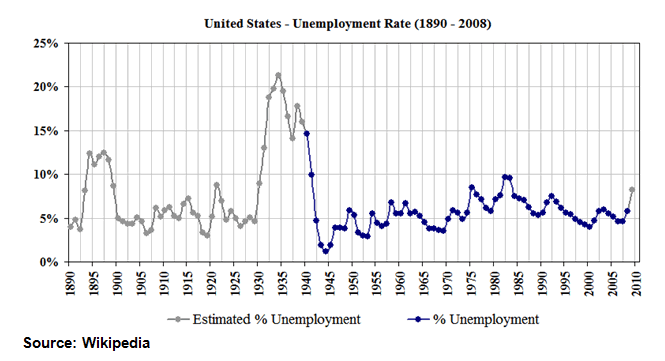@TomTomBinks,
Just kind of randomly talking now TomTom.
I'm thinking of the ways we got into this predicament.
Of course we can start with the Industrial Revolution, which really got into gear with the invention of the lightbulb. Weeee! Now we can work 24 hours a day and completely **** up our sleep patterns, raising generations of people who believe we are supposed to sleep an uninterupted X amount of hours between times Y & Z, which couldn't be further from the truth. Segmented sleep is the natural norm for humans, but we have to try to shove that square peg into a round hole.
I wonder how much of our need for "pursuit of happiness" (if that's even a thing) is due to the fact we're cranky and out of sorts because we just don't remember how to get normal sleep. Our bodies keep trying to tell us, and we keep saying it's wrong. Funny.
Used to be, people just ate...and were fine. Not fat, not diabetic, much less heart disease, etc. Then came the day we needed to create more jobs, and work was created taking what was perfectly fine and processing it so it could be sold for three times as much (probably much more). We starting getting fat, and diseased. It seemed there were 2 culprits, fat and sugar. Sadly, sugar had a much bigger marketing department, so we were all convinced that the natural fats that we'd been eating for thousands of years was unhealthy, but not this recent development consuming so many times more sugar, of a process form that didn't even exist, until evolutionary speaking, yesterday. Unfortunately, we made the wrong choice. These are my words here, but fat and sugar put together makes a carbolic acid that destroys our bodies. Cut out the sugar, we are fine. But no, we need to have jobs to process food even more, because we can't possibly be expected to eat a food in it's natural state.
Are we happier not following our bodies signals to sleep, eating food that kills us? I guess there's some weird pursuit going on there, to more misery.
We all know today (or should) how the over production of cheap clothes is not only wasteful, but something else we've come to believe is our "right" I was watching something the other day, which didn't tell me anything I didn't already know, but put a spotlight on it.
Not long ago, there were 2 seasons for buying clothes. For warm/hot weather, and for cold. Maybe needing a sweater or jacket for the in between times.
Now, there are 52 seasons of clothes. Many people could not possibly be seen wearing last weeks clothes. Shopping has become an accepted activity, not something we need to do when something wears out.
The family I was born into was very financially secure. The norm for all the families I knew was that you had "Sunday clothes" which was an outfit, or maybe 2 that you could alternate. Not only were they church clothes, but what you wore if you were doing something special, going somewhere, needed to look nice. You wore them until you grew out of them. It wasn't a matter of money, it was just how it was done. I don't remember anyone I grew up with expressing they weren't being allowed to pursue happiness because they had 1, maybe 2, Sunday clothes.
Same with so many other material things. You get the idea.
But look at this graph of unemployment in the U.S.
I was talking specifically about the years 1960 to 1970 something. It looks like unemployment was pretty much identical back then as it is today. Yet, we hadn't yet fallen so deeply into the need to buy, so there can be jobs making what we need to buy, so we can go into debt, because of what we were being told by advertising what we needed to buy. My memories of that time was that in many families one person worked, not two. Child care meant a baby sitter. You didn't need faux time saving devices because you didn't have to cram everything into the few hours between work and insomniac sleep.
Were we less happy then?
